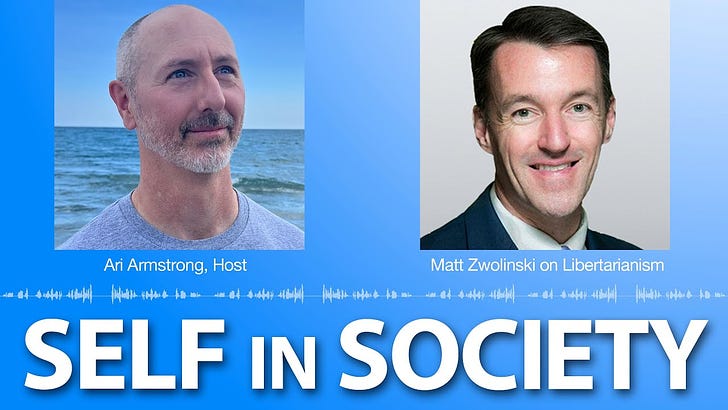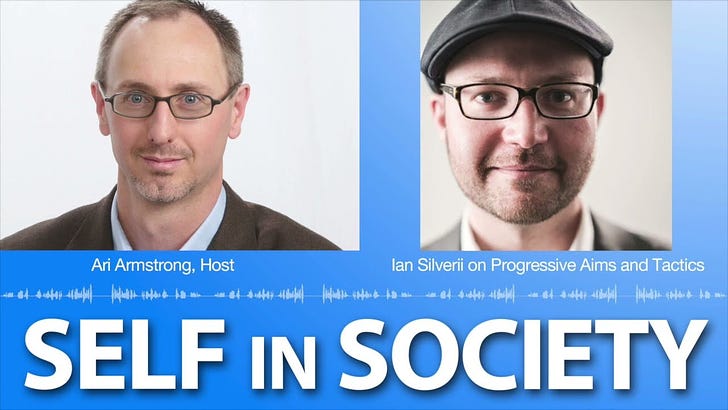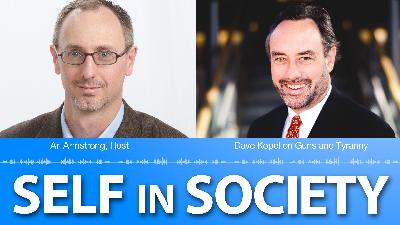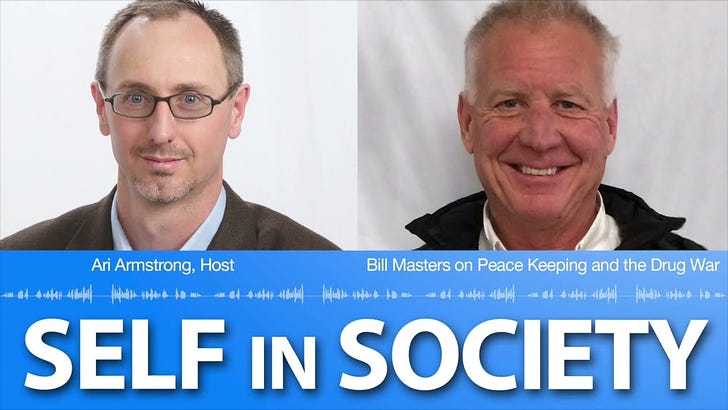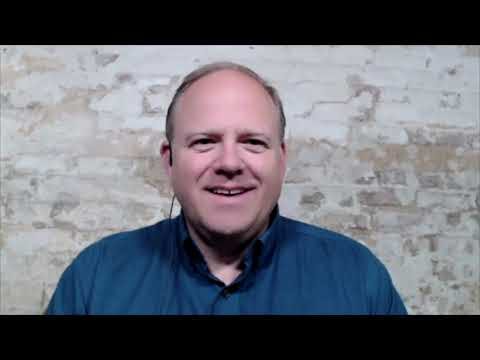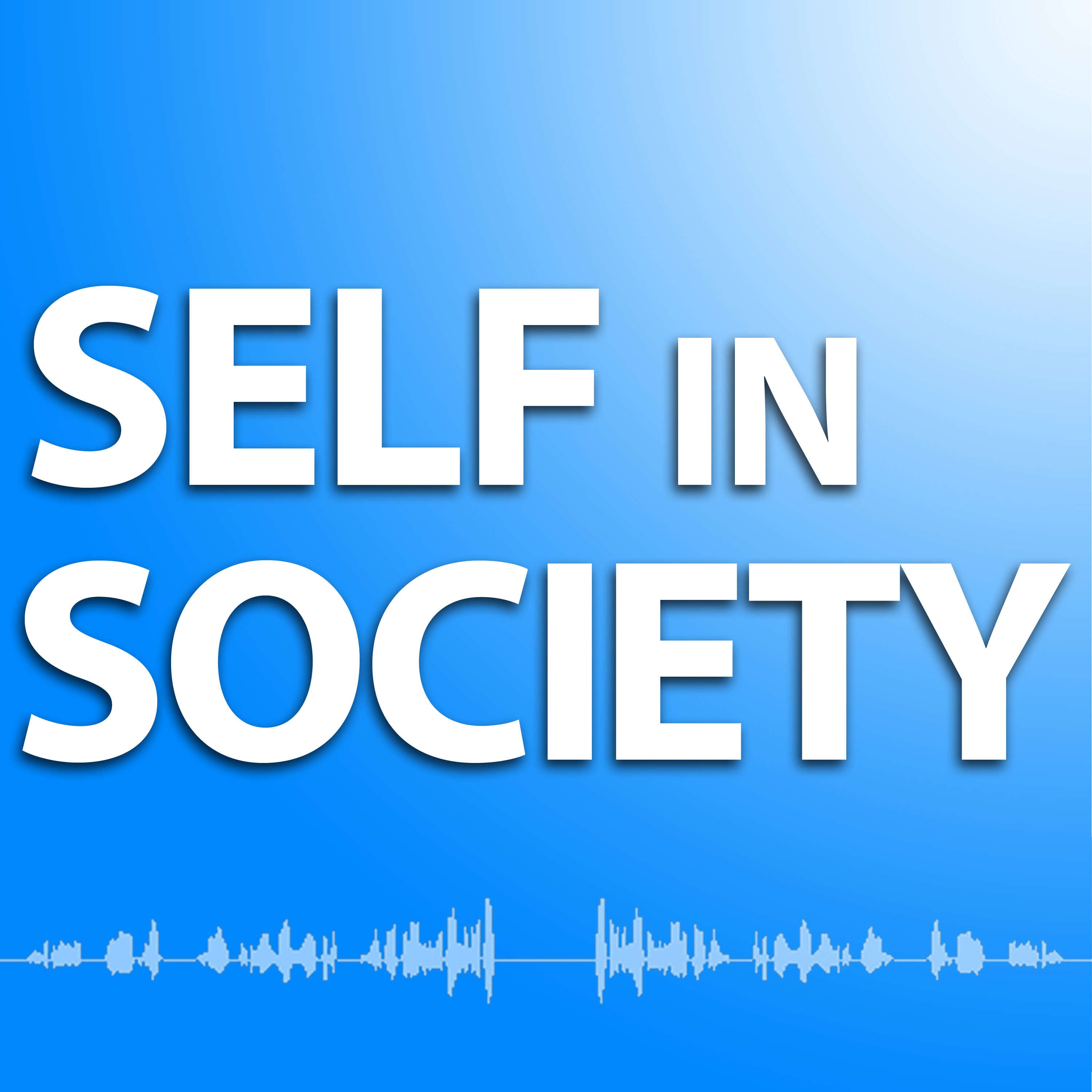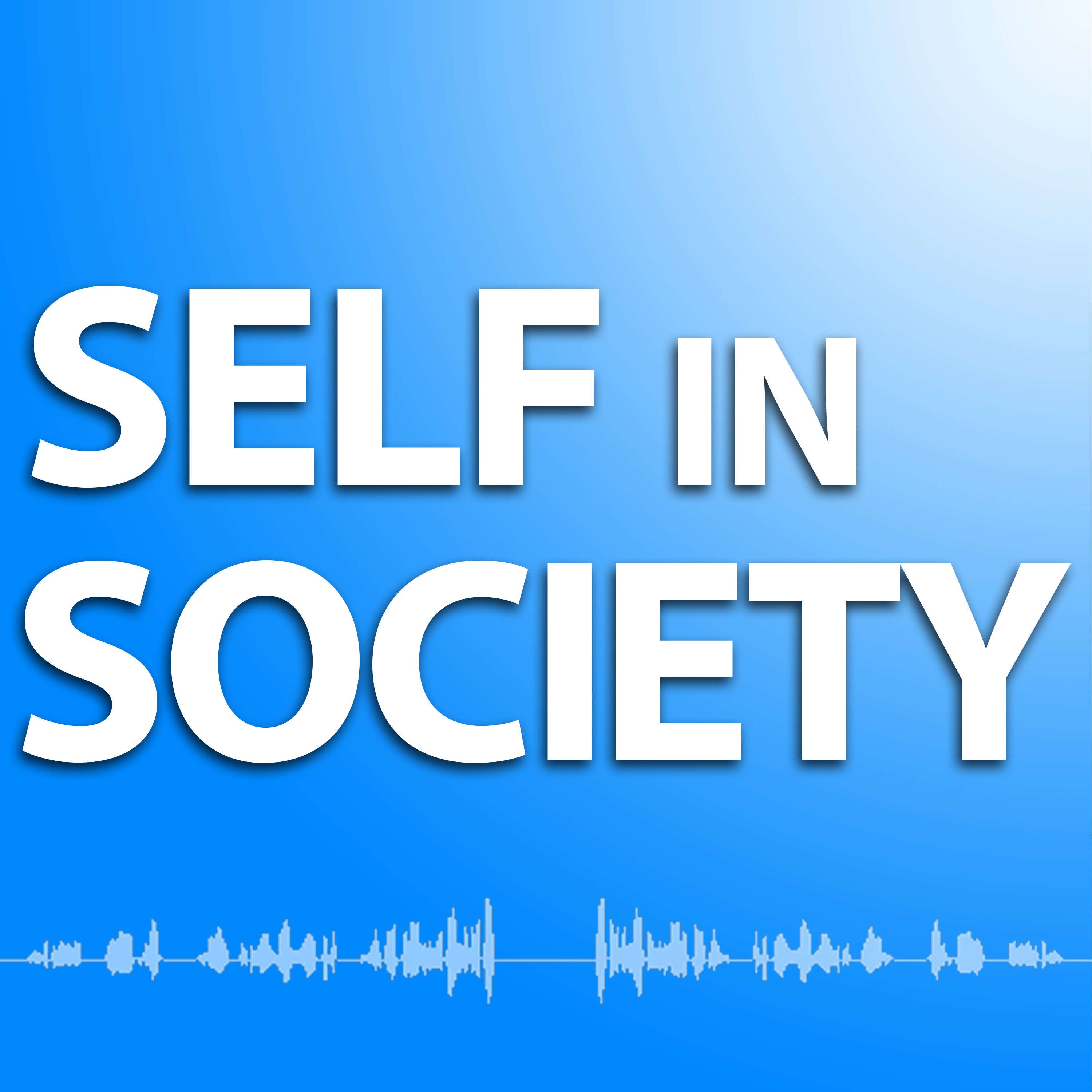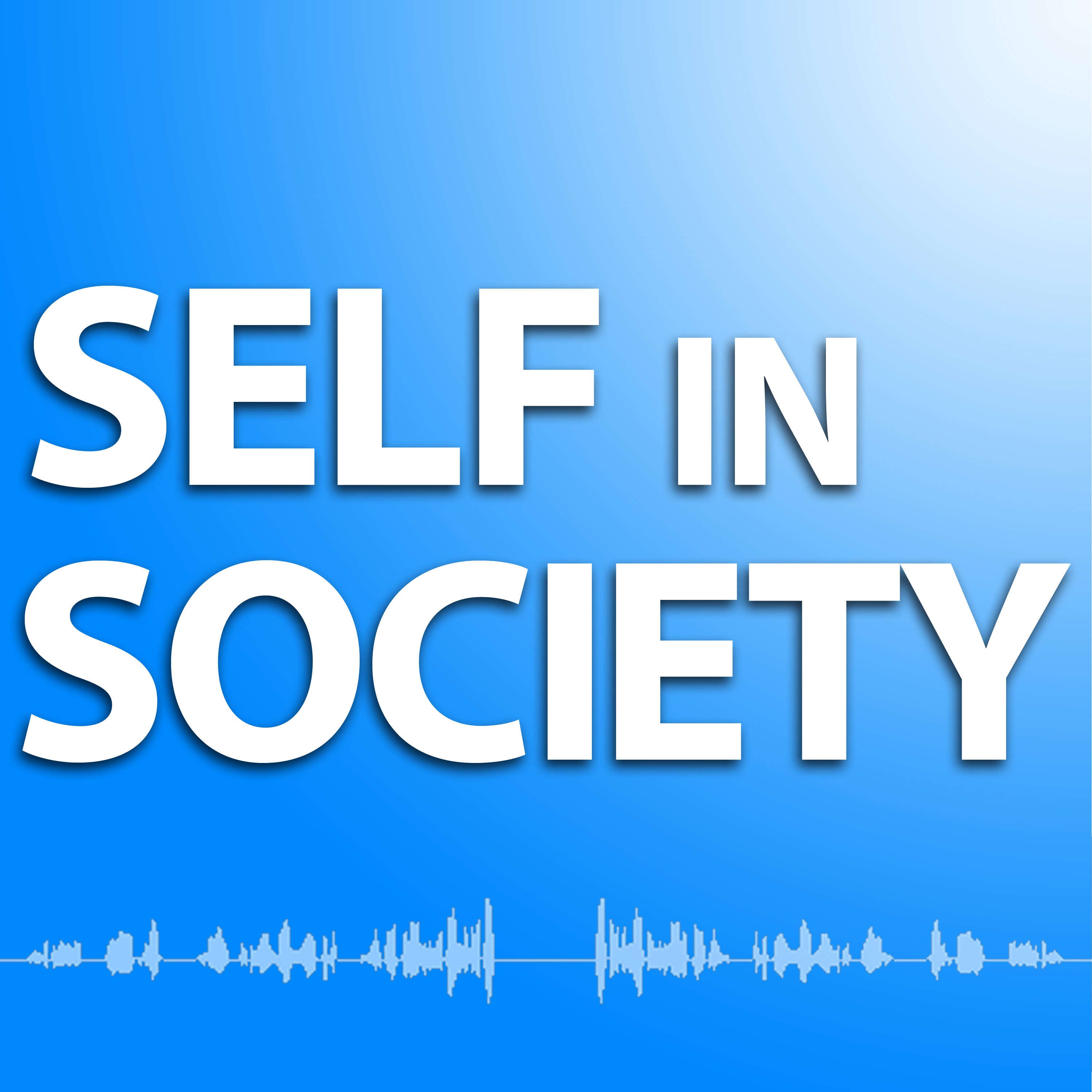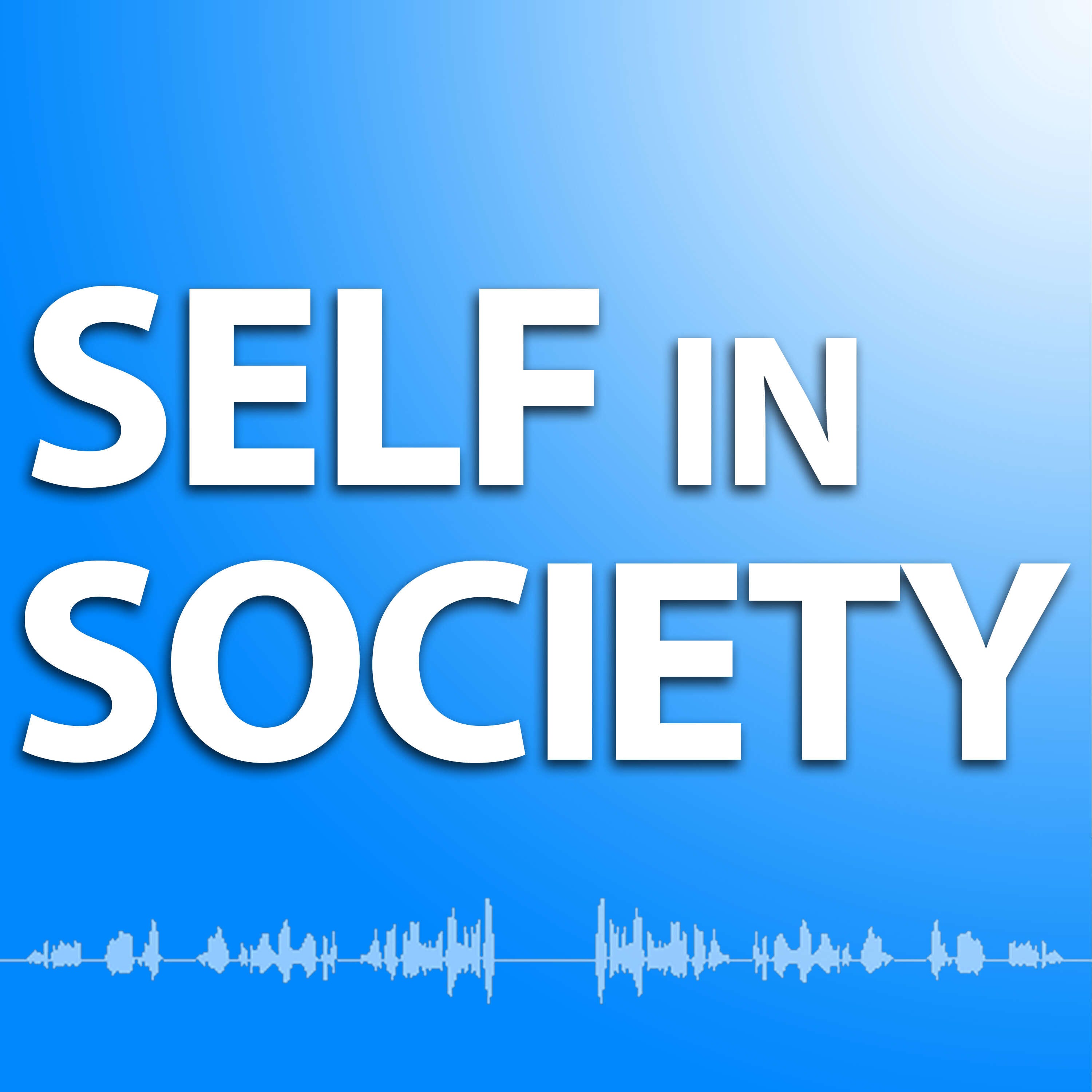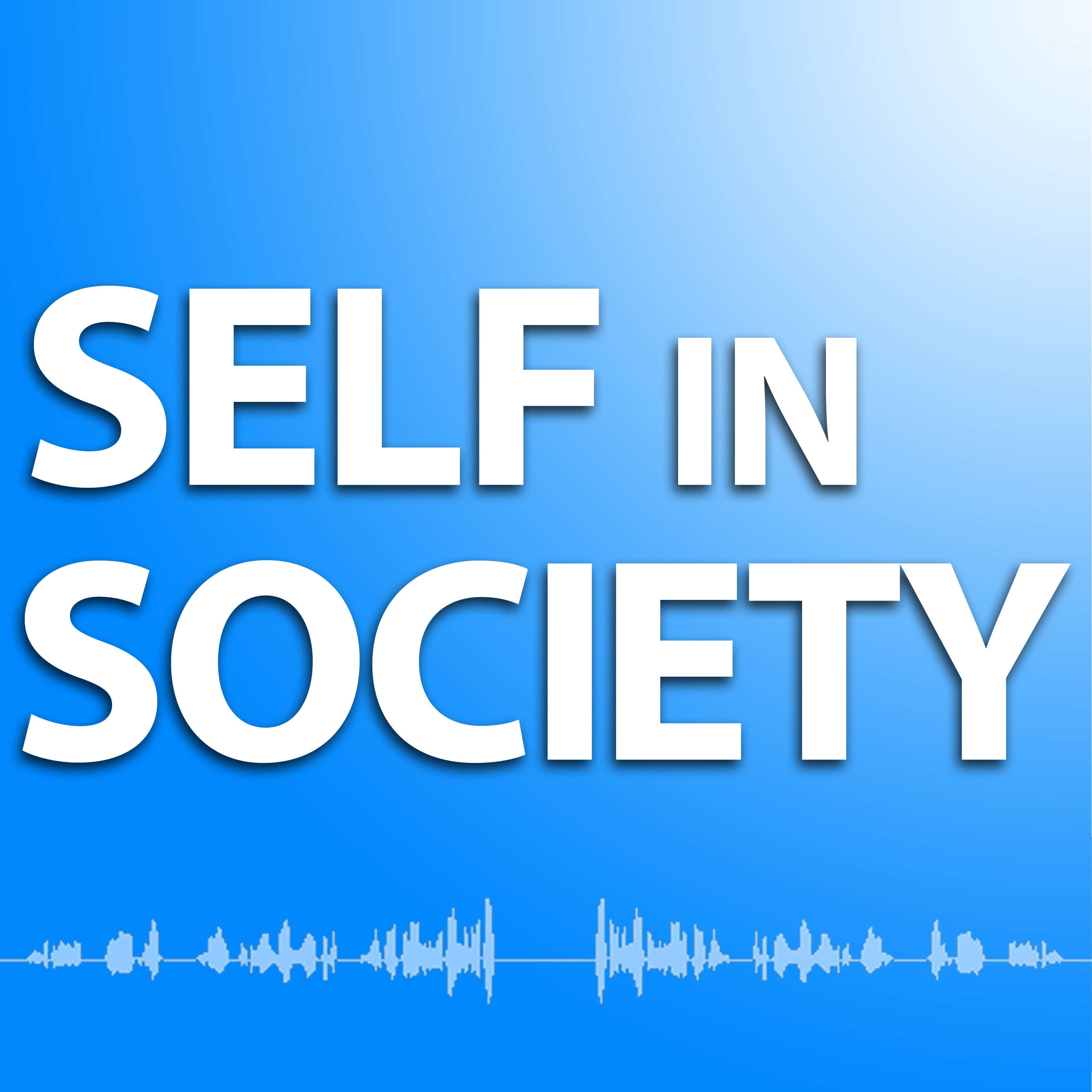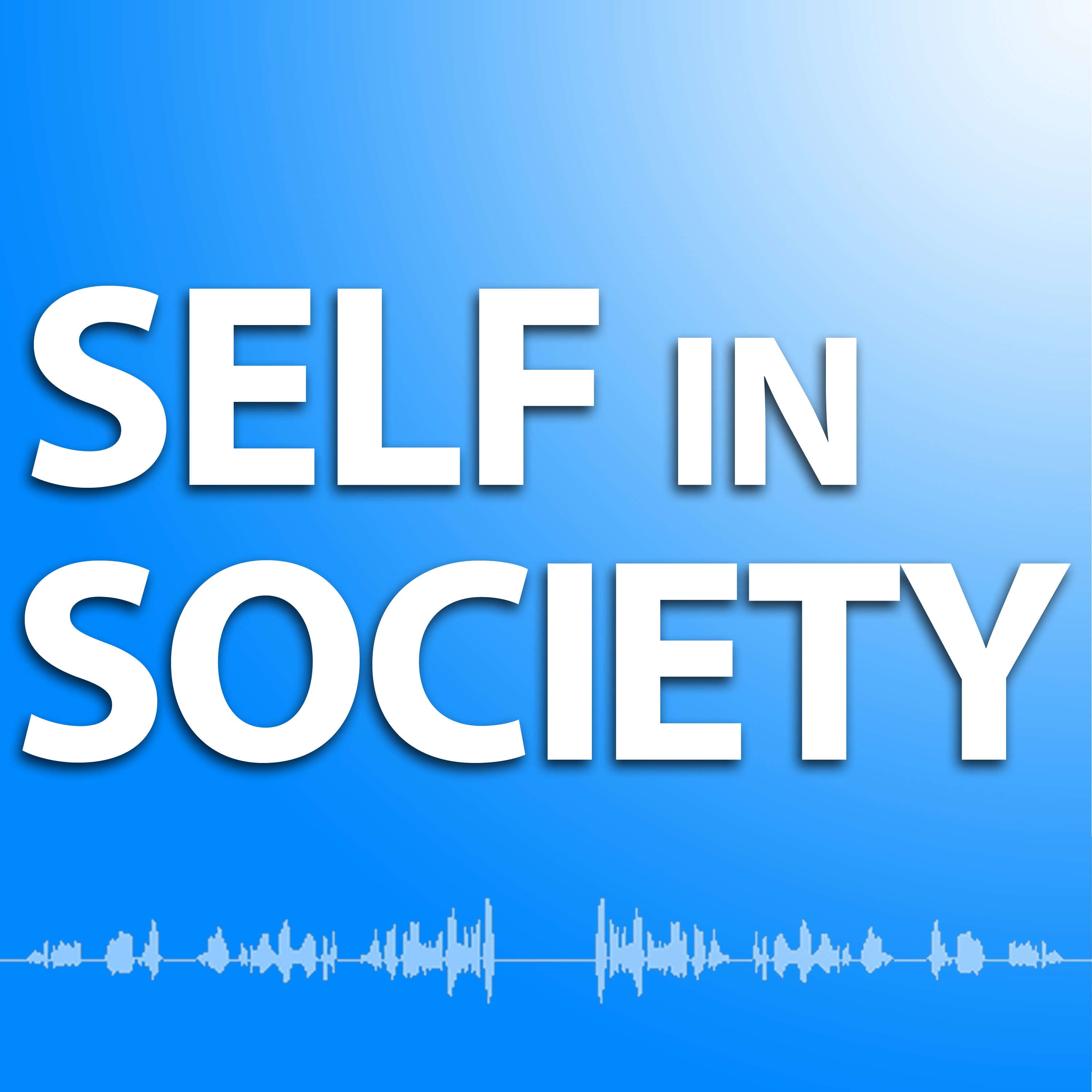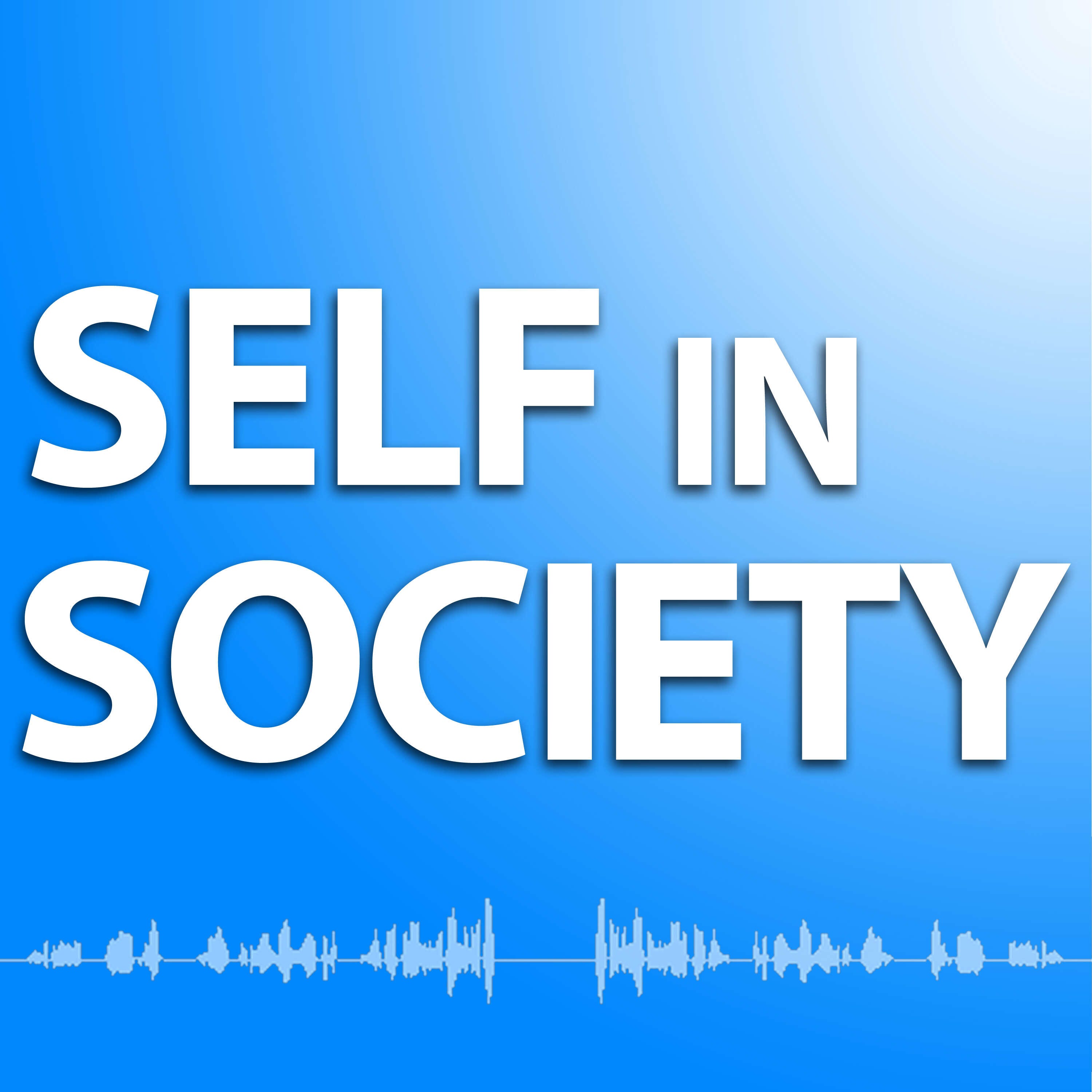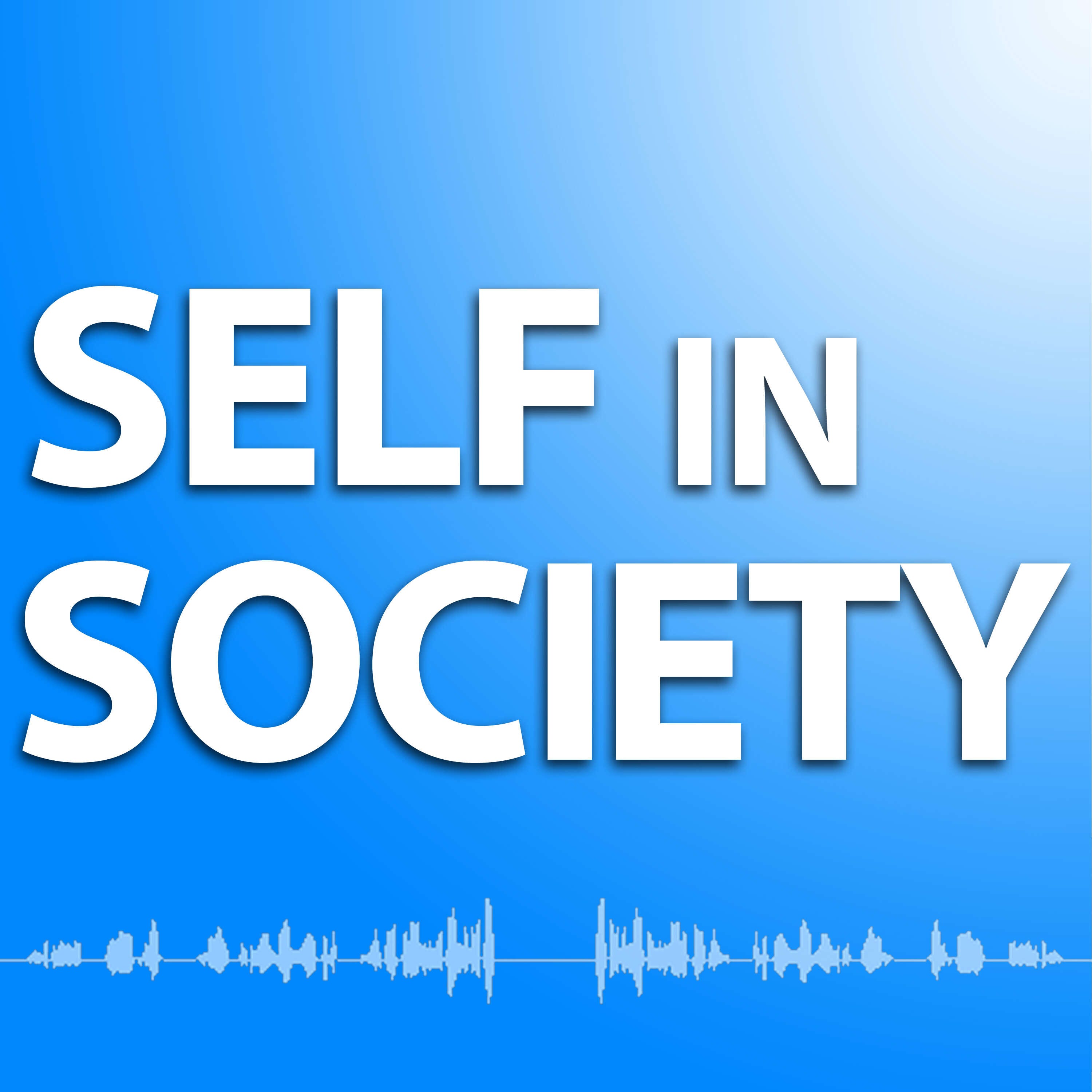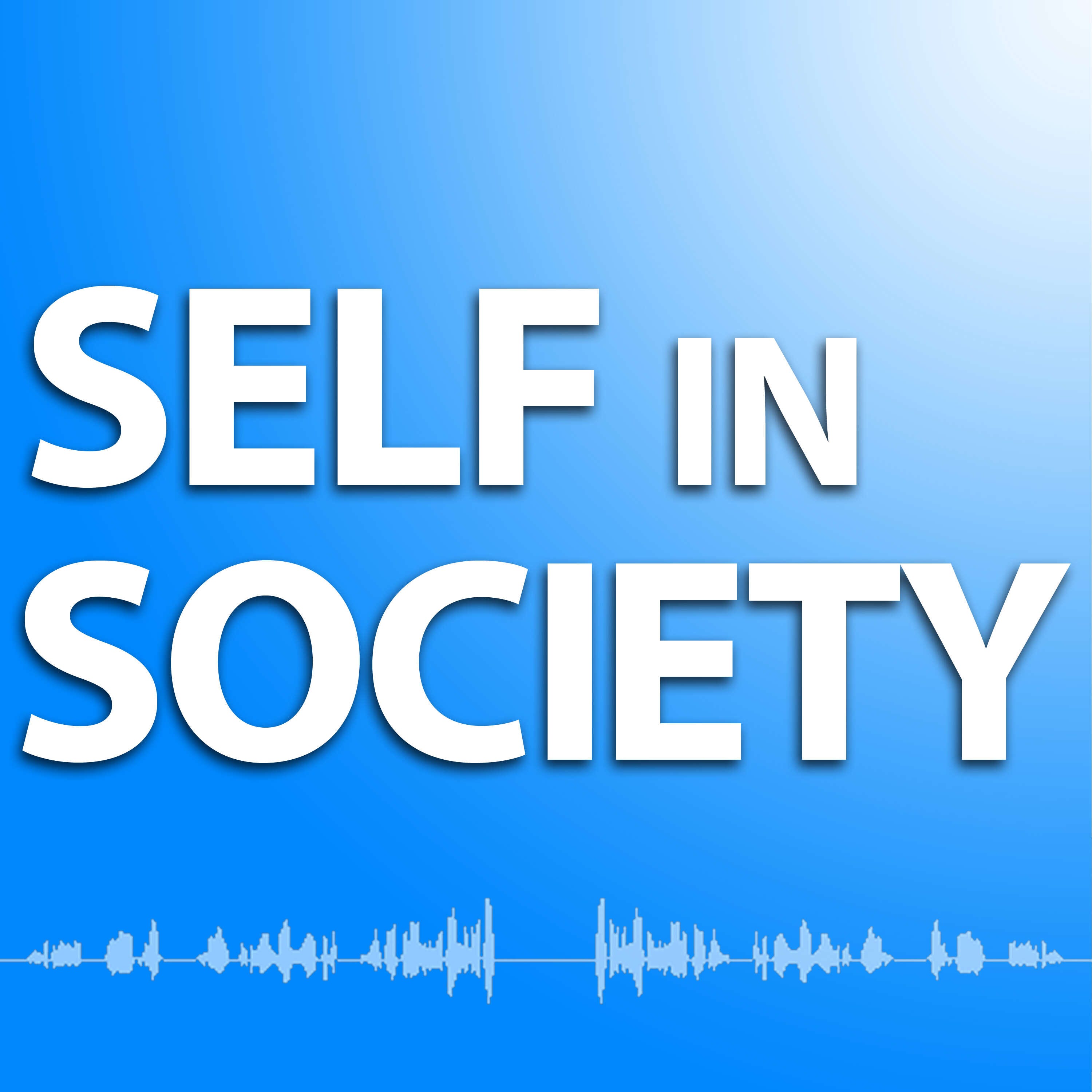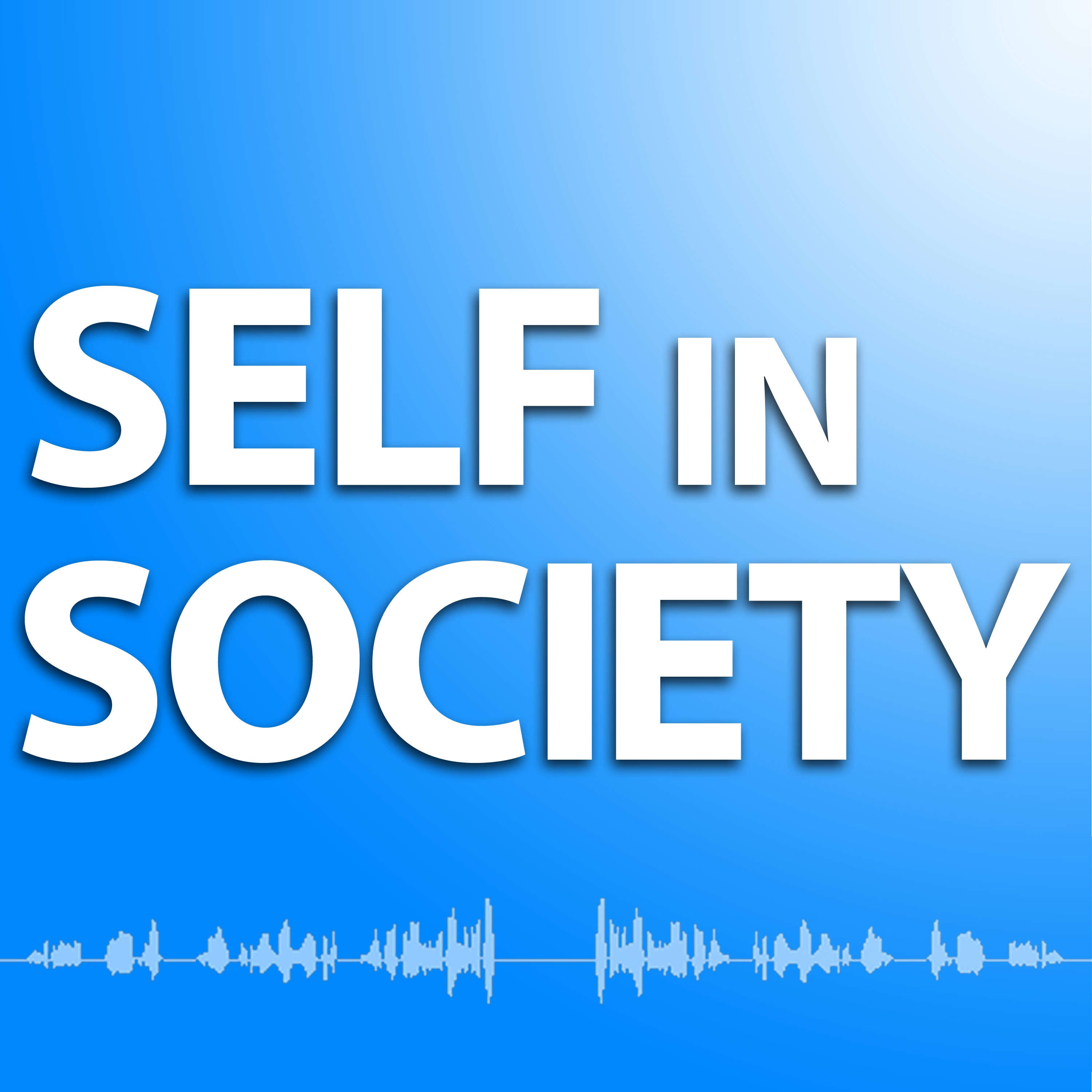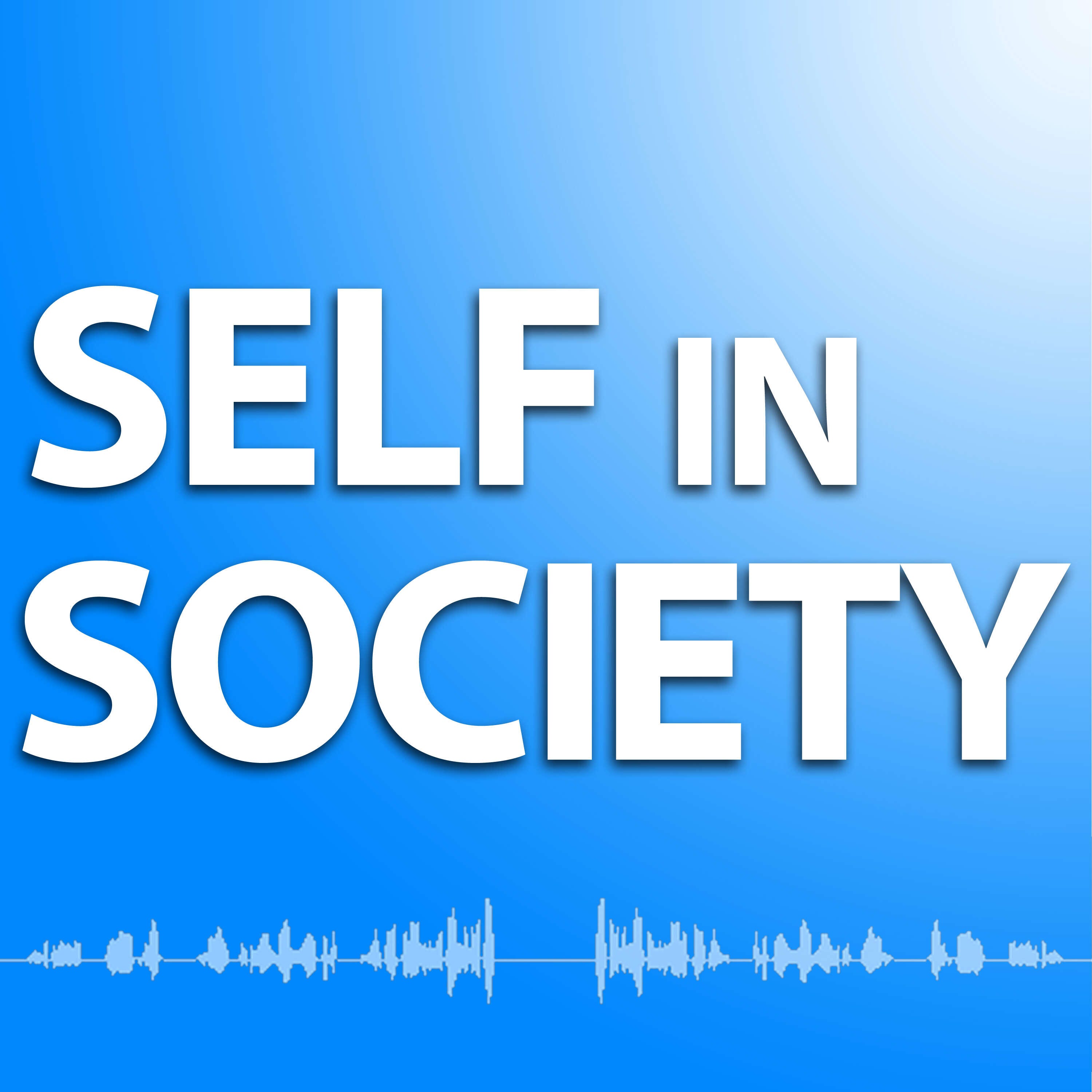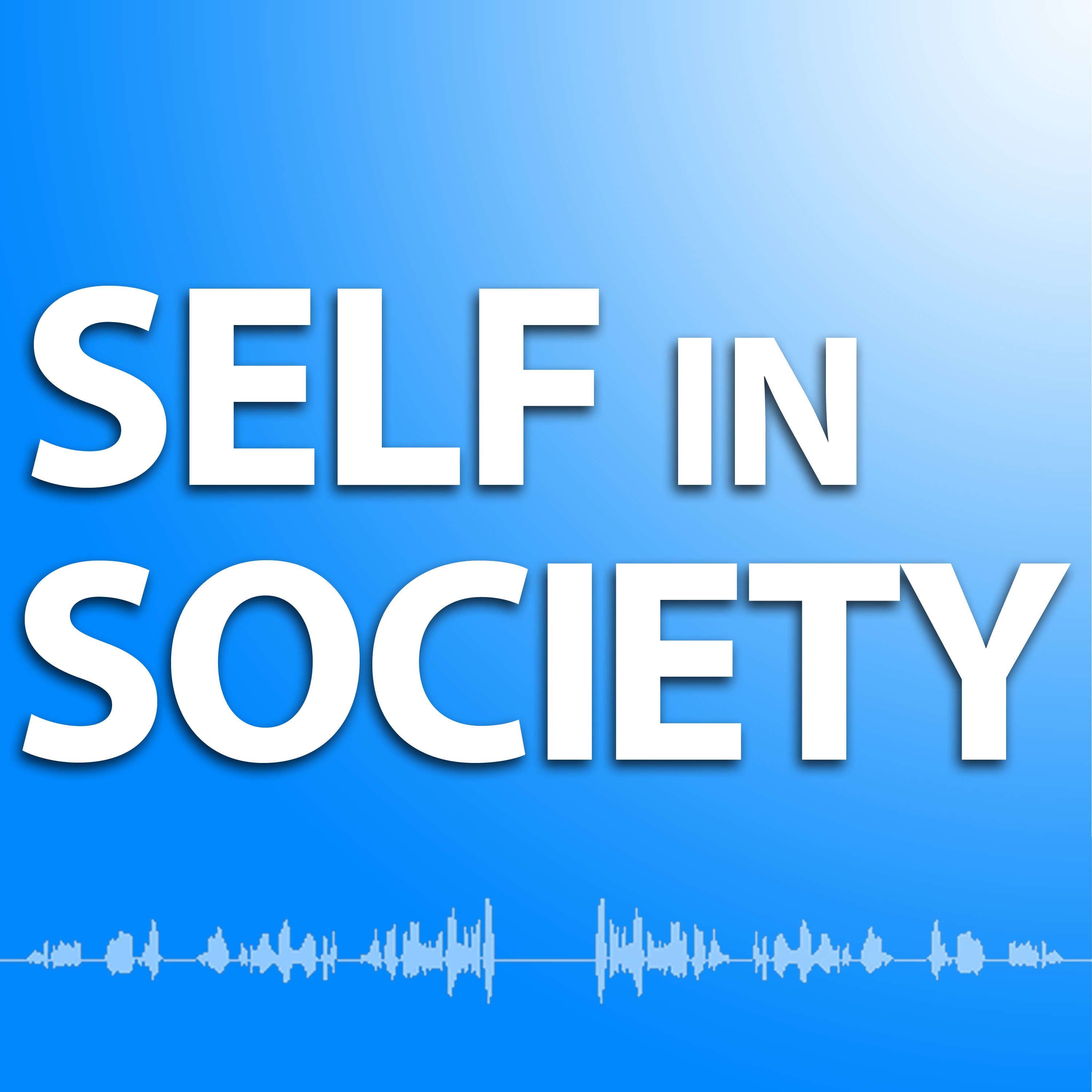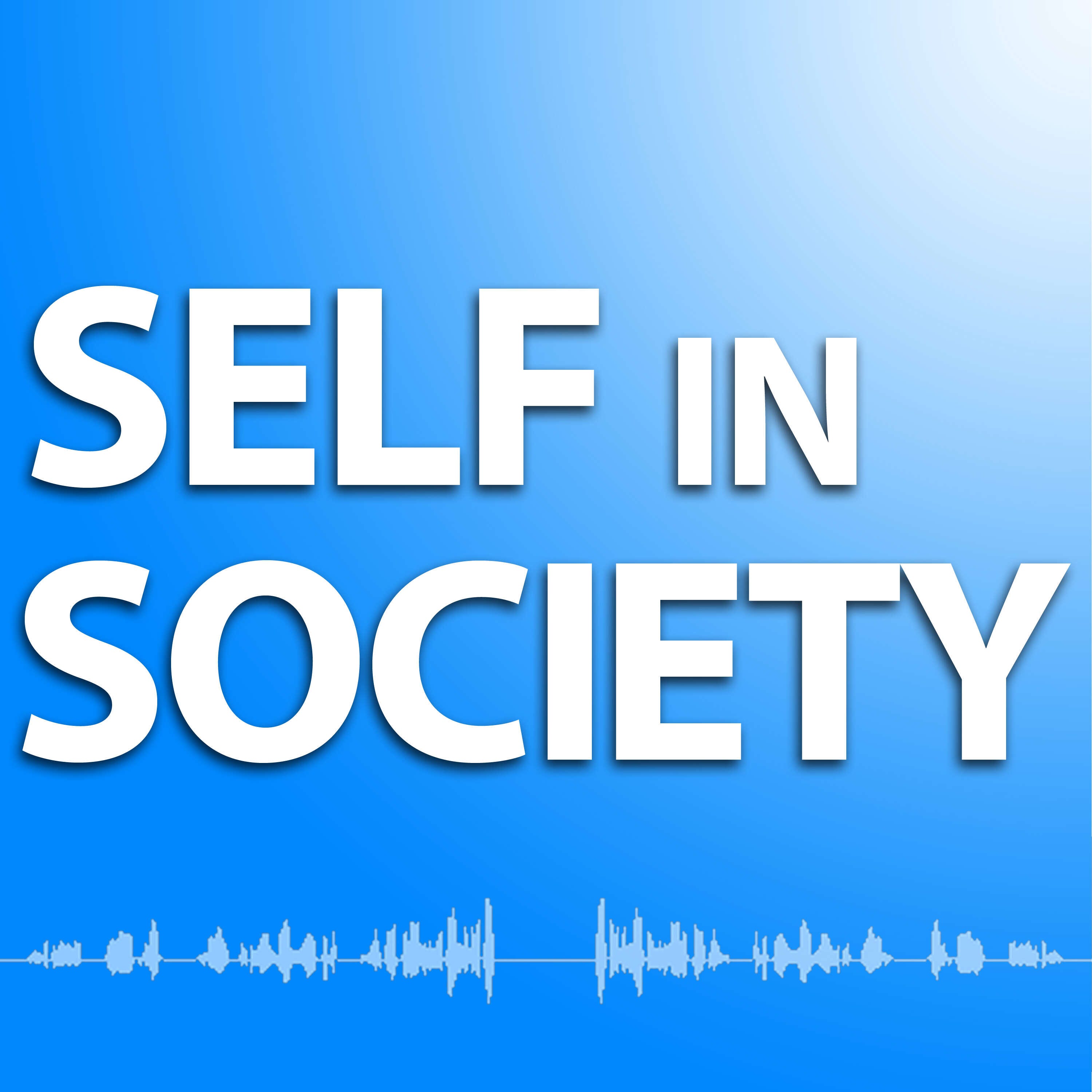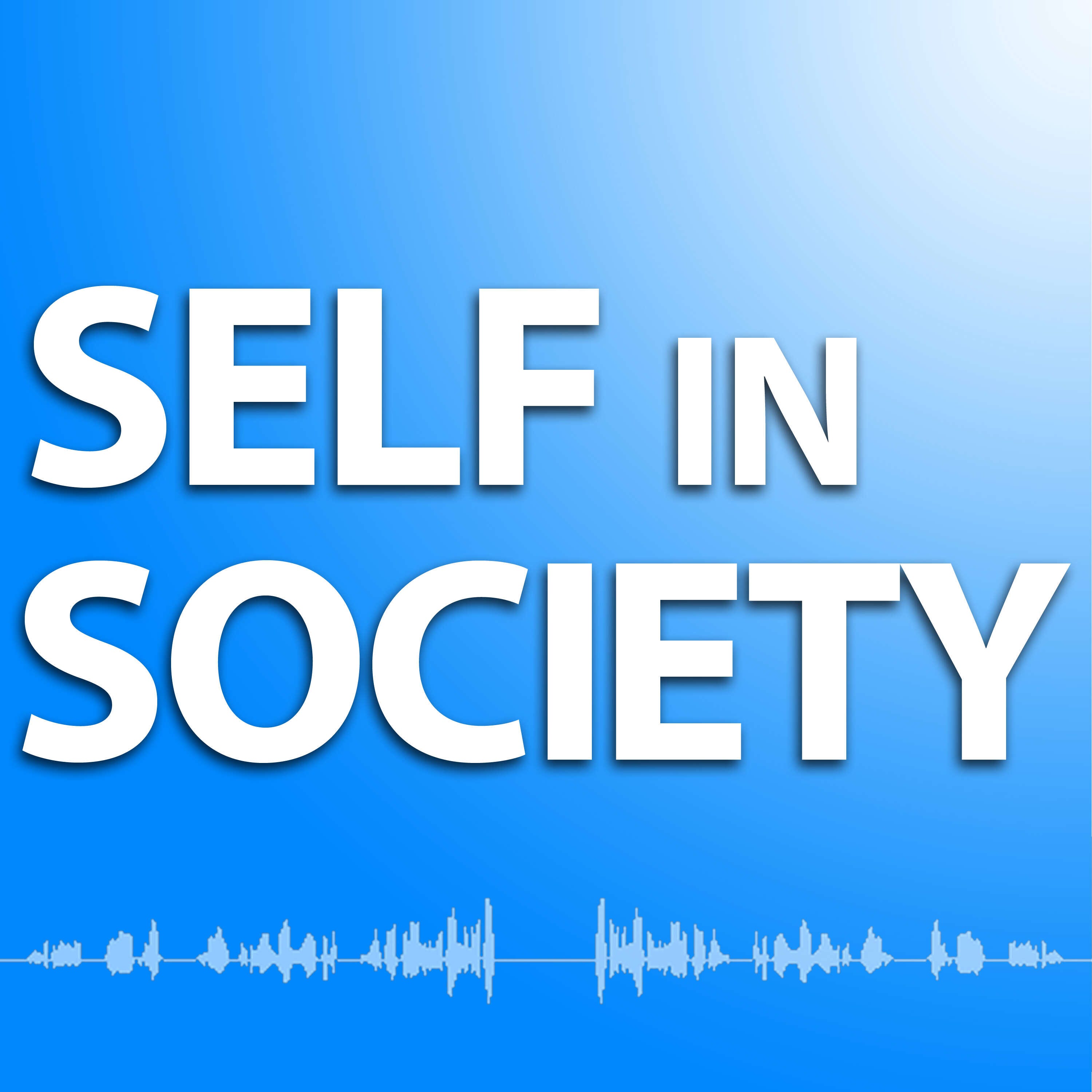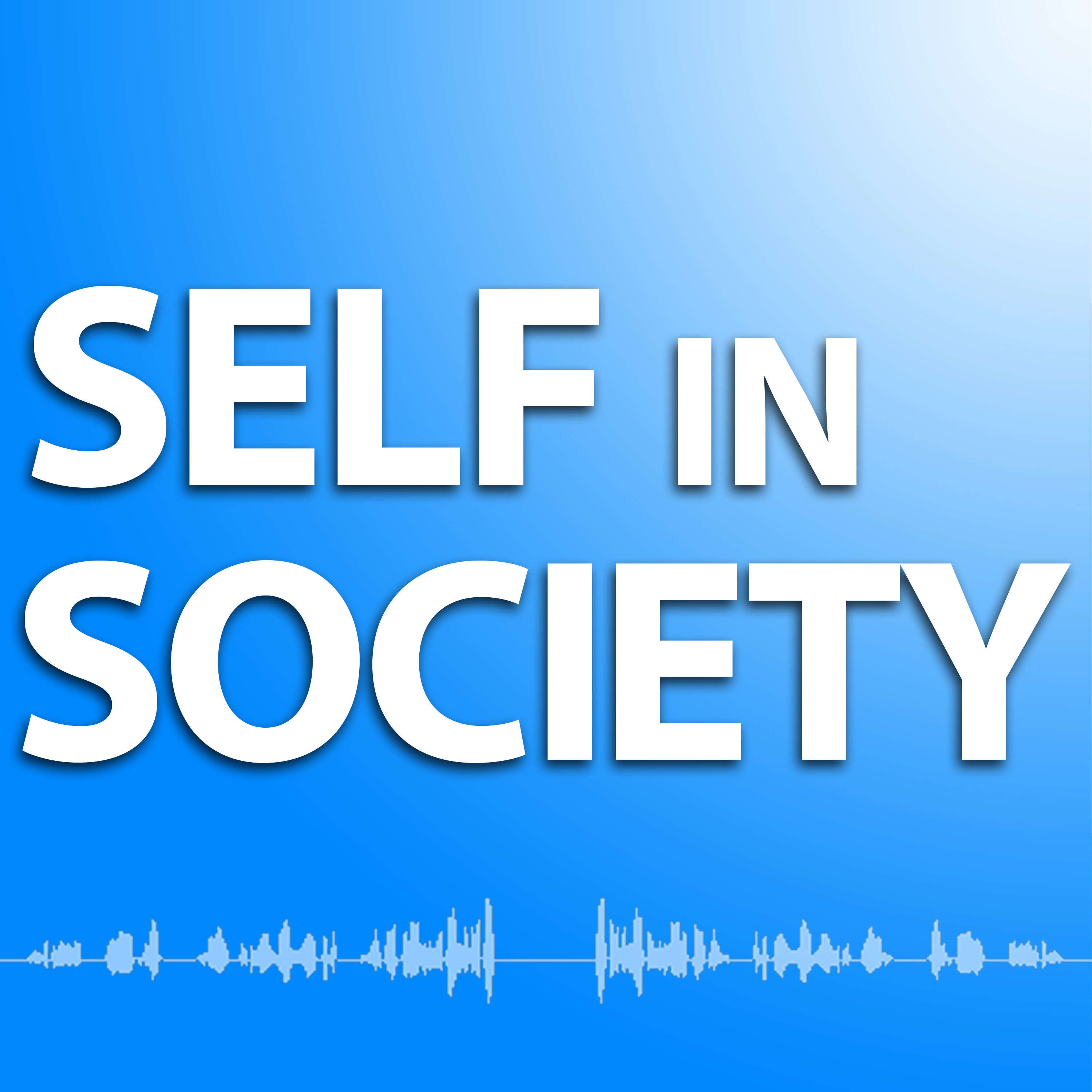Discover Self in Society Podcast
Self in Society Podcast

30 Episodes
Reverse
Matt Zwolinski is professor of philosophy at the University of San Diego and the founder and director of USD’s Center for Ethics, Economics, and Public Policy. Zwolinski is the co-editor of The Routledge Companion to Libertarianism, and he is the co-author, with John Tomasi, of The Individualists: Radicals, Reactionaries, and the Struggle for the Soul of Libertarianism (available April 4 and available for preorder).
This is the Self in Society Podcast #30.
TIME MARKERS
00 Intro
0:54 Murray Rothbard, paleo-libertarianism, the “Mises Caucus,” and the meaning of libertarianism
4:06 The “family resemblance” among strains of libertarianism
6:22 Would Mises be in the “Mises Caucus”? Mises’s liberalism
12:57 Baggage with the libertarian label16:46 Locke’s views of property rights
23:24 Henry George’s objections to Locke
26:23 Property rights as the central conundrum of libertarianism
30:18 Limits to Georgism; resources and production
38:45 More on resources and production
44:29 House values, NIMBYism, and rent-seeking
49:35 Strategies to solve “Lockean proviso” problems
52:07 Existing property rights as historically problematic
58:15 Addressing the U.S. Black/white wealth gap
1:00:15 Property generally as making the world a better place
1:05:01 Would reparations solve past injustices better than a basic income?1:10:00 Systemic racism: criminal justice and education
1:13:49 Libertarian individualism and structural racism
1:15:42 Housing policy and structural racism
1:17:48 Methodological individualism and social justice
1:25:20 Emergent racism
1:28:27 The importance of more open immigration; implications for a basic income
1:33:15 A basic income as better than the existing welfare state
1:41:17 Matt’s forthcoming books on the basic income and exploitation
1:42:36 wrap-up
Zwolinski’s professional page offers links to his various books, including The Individualists, which comes out April 4 (available for preorder).
A couple of Zwolinski’s essays on the basic income are available online: “A Moral Case for Universal Basic Income” and “Property Rights, Coercion,and the Welfare State.”
The Routledge Companion to Libertarianism contains the essay mentioned by Zwolinski, “Self-Ownership,” by Daniel C. Russell.
April 4 Update: I published my review of the book.
Music by Jordan Smith.
Ian Silverii is the former leader of Progress Now Colorado, founder of the political Bighorn Company, and "First Gentleman of Colorado's 7th Congressional District" following the election of his wife Brittany Pettersen.
My main purpose in hosting this conversation was to see if two people with quite different political beliefs could have a civil and productive conversation. I think we accomplished that. Ian is a progressive; I’m a “free market liberal” (I’ll call myself).
This episode contains some swear words.
Dave Kopel is research director of the Independence Institute in Colorado and a leading attorney on Second Amendment issues. He is the author of Aiming for Liberty: The Past, Present, And Future of Freedom and Self-Defense, Colorado Constitutional Law and History, several other books, and countless articles. This is the Self in Society Podcast #28.
Time Markers
00 Intro
1:06 U.S. violence in context
6:39 Homicides by government
8:15 Civilian gun ownership as protective against mass-murder by government
11:08 Interlude: Some personal connections
11:44 But some governments are better
13:44 Governmental violence in Europe
15:24 Worrisome signs in the U.S.
18:17 Armed racial nationalists as a threat to the country
20:41 Bad governments get guns to bad people; Sudan and Venezuela
23:03 The German example; gun-owner registration lists
24:36 The French example
25:14 What’s behind the global rise of authoritarian movements? What is nationalism?
27:58 The Russian example
30:12 The murders of Hitler, Mao, and Stalin
31:00 The Victims of Communism Museum
31:15 Deficiencies of American history education; the evil of Communism
33:16 The Cuba example
34:16 The Marxism of Antonio Gramsci
36:24 Ideological takeover of American schools
38:04 Guns for personal self-defense
43:02 Police responses to crimes
44:45 Armed teachers
49:49 The movement against armed self-defense
50:55 The Second Amendment and individual rights
53:09 Background checks and gun-owner registration
59:25 "Assault" guns
1:04:45 Wrap-up
Kopel’s web site links to his many works. See also his bio page at the Independence Institute.
Kopel discusses his recent article, “Guns Kill People, and Tyrants with Gun Monopolies Kill the Most” (which he summarizes at Volokh). Here is the abstract:
What are the relative risks of a nation having too many guns compared to the risks of the nation having too few guns? Comparing and contrasting Europe and the United States during the twentieth century, the article finds that the United States might have suffered up to three-quarters of million excess firearms homicide over the course of the century—based on certain assumptions made to maximize the highest possible figure. In contrast, during the twentieth century Europe suffered 87 million excess homicides against civilians by mass-murdering tyrannical governments. The article suggests that Americans should not be complacent that they have some perpetual immunity to being subjected to tyranny. The historical record shows that governments planning mass murder work assiduously to disarm their intended victims. While victim resistance cannot necessarily overthrow a tyrannical regime, resistance does save many lives.
Recently Kopel discussed his book on the Colorado Constitution with Jon Caldara.
Kopel discusses William English’s paper, “2021 National Firearms Survey.”
During the discussion Kopel mentioned Antonio Gramsci. We discussed the Victims of Communism museum. I wrote down my thoughts on nationalism in a 2016 article. I quoted Wikipedia on international homicide statistics. I also quoted the Texas Tribune and a union poll about arming teachers. And I mentioned Robert Zubrin’s article about the Russian authoritarian mystic Aleksandr Dugin.
Sheriff Bill Masters discusses peace keeping and how that relates to the war on drugs. Masters, of Telluride, San Miguel County, is the longest serving sheriff in Colorado history, having taken over the position in 1980. Masters also is the author of the 2001 book, Drug War Addiction: Notes from the Front Lines of America's #1 Policy Disaster (which I helped to edit). This interview was recorded on May 23, 2022, as the Self in Society Podcast #27.
Time Markers
00 Intro
1:40 On being sheriff for 42 years
2:50 Peace keeping vs. law enforcement
4:11 What troubles Telluride: crime, rescues, wildfires
8:27 Peace keeping through the pandemic1
0:07 Helping people with mental illness and addictions
12:34 Today’s political parties17:48 Being pro-immigrant
20:13 The war on drugs
27:33 The problem of addiction
31:09 When drug distribution is rights-violating
33:13 Civil liberties and the drug war
40:00 On speaking out
40:56 Legal marijuana in Colorado
44:06 The promise and problems of body cameras
50:54 Peace officers are held liable, judges and legislators aren’t; cigarette example
55:11 Laws imply a potential deadly use of force
57:20 Telluride’s Covid tourism ban
58:34 A sheriff's discretion
59:00 An honorable profession; “We need to have fewer laws, not more laws.”
1:00:13 The downside of mandated auto insurance
1:02:14 The problem of hiring good peace officers
1:07:06 What gets rewarded?
1:10:14 Oriented to resolving conflicts
1:12:36 A need for thorough training
1:15:09 Don Coram and the Vietnam veteran
1:17:59 Bill's trip on the Nile
1:22:03 The charm of Telluride
1:23:58 What’s new at the sheriff's office
1:27:55 Wrap-up
I mentioned Dwight Radcliff, who holds the record as longest-serving sheriff in U.S. history. (I think Masters is the longest-serving sheriff currently serving in the U.S.)
Masters’s office posts its shared principles.
As I mentioned, a Telluride man was charged with the January 6 Capitol invasion.
CPR ran an article about Masters (which I cite) some years ago.
Eric Garner is the name of the person killed in New York over selling cigarettes.
Colorado passed relatively good asset forfeiture reforms some years ago, but I think they need revisiting, and other states have worse rules about that.
Update: Complete Colorado ran my article summarizing aspects of my discussion with Masters.
Robert Tracinski is the author of the book, So Who Is John Galt, Anyway?: A Reader's Guide to Ayn Rand's "Atlas Shrugged." Tracinski also writes the Tracinski Letter and Symposium at Substack, and he is a columnist for various other publications. This is the Self in Society Podcast #26.
Time Markers
00 Intro
1:22 Would Any Rand be more concerned with today's "woke" anti-capitalist left or religious ethno-nationalist right?
6:06 The collapse of fusionism; Rand's influence on conservatism
9:50 Are Objectivists on "the right?"
11:47 Trumpists and Putin apologists among Objectivists
15:35 Joe Biden vs. Donald Trump as Atlas Shrugged villains
19:50 Open vs. Closed Objectivism
25:53 Ayn Rand as a liberal
29:32 Today's conservative right as anti-liberal
35:33 Problems with the welfare state; a baseline of life-serving values
43:54 Why a reader's guide to Atlas Shrugged
46:07 To what degree are Bill Gates, Jeff Bezos, and Elon Musk Randian heroes?
51:04 And Rand vs. the Stoics
59:53 Parental love
1:05:29 Should we be optimistic about America's future?
1:10:17 Wrap-up
One article of Tracinski’s I found helpful is “Which Way, Western Man?” He also wrote, “Ukrainians Are Nobody's Pawns.”
In 2016 I wrote an article, “Ayn Rand Is the Anti-Trump.”
PopeHat has the parody of Trump.
Sherri and Robert wrote, “10 Amazingly Enjoyable Things About Having Kids.”
Drawing on her dissertation work on moral habits, philosopher Lisa Thomas-Smith (now at Clemson) discusses the nature of and need for habits, methods for improving our habits, cultural influences on people's habits, recent cultural shifts for better and worse, and more.Time Stamps00 Intro1:02 What moral habits are and why we need them5:30 Cognitive limits and habits8:04 Habits of thought and of action9:33 The power and challenge of changing habits of thought11:11 The bootsrapping problem of habit change13:01 Compulsive versus goal-directed habits15.54 When to ask for help17:30 Are we more capable of self-formation that Aristotle recognized?19:51 What is character and how important is it?24:30 Praise and blame given the power of habit30:23 Being open to change36:27 Principles and habits41:54 Biology and culture47:43 Rationalist moral theories and habits53:00 How hard is it to form new habits?59:12 Changing the environment / Starting with a value1:05:35 Is our culture getting better at overcoming bigotries?1:10:31 Troubling cultural signs / Individualism and sociality1:15:45 Political corruption and distrust1:22:37 The state of academia1:29:14 Limited diversity in philosophy1:34:14 Reaching people when they're young1:41:00 Ayn Rand, rationality, and habits1:46:08 What's next / Wrap-up
Philosopher Michael Huemer, author of Knowledge, Reality, and Value, discusses the meaning of rationality and objectivity, explains why the distinction between fact and opinion is more complex than many people presume, and promotes intellectual virtues.
Steve Spangler, host of DIY Sci, discusses how parents and teachers can foster kids' love of science and help children discover their "spark" in life. He also shares his thoughts on the development and future of online education and recounts his experiences as a pioneer in the field.
Jason Stotts, psychotherapist and author of Eros & Ethos, discusses sexuality as an expression of our ethical lives, analyzes the false choice of repression versus hedonism, and addresses gender identity and other aspects of our sexuality. This is the Self in Society Podcast #22.
Christina Sandefur of the free-market Goldwater Institute in Arizona discusses her coauthored book, Cornerstone of Liberty: Property Rights in 21st Century America, and related issues. This is the Self in Society Podcast #21.
Historian Robert Alan Goldberg, author of Enemies Within: The Culture of Conspiracy in Modern America, discusses the history of conspiracy thinking in the U.S. and explains how "new" conspiracy theories such as that involving QAnon recycle and embellish old themes. This is the Self in Society Podcast #20.
Timothy Sandefur, author of Frederick Douglass: Self-Made Man, discusses Douglass's life, political philosophy, and influence in his day and up to the present. This is the Self in Society Podcast episode #19.
Michael Donnelly, Senior Counsel and Director of Global Outreach with the Home School Legal Defense Association, discusses the motivations for homeschooling and the legal aspects of it, with a special focus on Colorado.
Historian Robert Alan Goldberg discusses his book, Hooded Empire: The Klu Klux Klan in Colorado, and its lessons for today. This is the Self in Society Podcast #17.
Mark Silverstein, Legal Director of the ACLU of Colorado, discusses your rights when interacting with police, troubling police actions during protests, and Colorado police reforms.
Economist and iconoclast Robin Hanson suggests that variolation—controlled, intentional infection of the virus that causes COVID-19—could be an important "Plan B" if containment fails in the long-term and eventual herd immunity seems likely.
Kevin Currie-Knight, professor of education at East Carolina University and president of the board of New Pathfinder Community School, warns against equating the home "crisis schooling" curing the COVID-19 epidemic with homeschooling as families practice it in normal times. He offers some qualified suggestions for families in which students who usually attend a traditional school now must stay at home.
Dr. Bryan Alvarez, now in private practice after serving as the Public Health Director of the United States Northern Command from 2016–2019, discusses the problems and promise of testing our way out of the coronavirus crisis. He also talks about the process of bringing antiviral drugs and vaccines online, as well as the broader problem of emergency preparedness.
Economist Steven Horwitz offers a classical liberal theory of the family grounded in the works of Friedrich Hayek. Unlike conservatives, who tend to glorify a tradition-bound model of the family, and Progressives, who sometimes denigrate the family, Horwitz offers a vision of the family as a dynamic and evolving social institution that plays a critical role in people's lives.
Pamela Clare is a gun-toting Rush fan—and Boulder Progressive Democrat—who writes romantic fiction. She almost died in a mountain fall and had to be helicoptered out. She got death threats while working as an investigative journalist and had to tell one gun-waving disgruntled reader to get the f*** out of her office. She put her degree in classics to use in her historical romance novels before going on to write about rangers, firefighters, rock climbers, journalists, and other spirited characters.Pamela and I sat down to discuss her writing, the genre, problems within Romance Writers of America, the business side of fiction, her experiences as a journalist, the allure of Colorado's wilderness, her views on firearms, and the music that inspires her.Pamela says, "As I got older, I really came to appreciate the feminist nature of these stories. That word 'feminist' comes with a lot of baggage these days, but what I mean by that is the self-realization of the heroines in these stories. These heroines find what they're looking for in life, and they insist on it. These books focus on . . . heroines fighting for what they want with their lives. . . . As a woman I can identify very much with that fight, with the desire to succeed as a mother, to have a career, and to be respected by the people in one's life."
)
This is a public episode. If you would like to discuss this with other subscribers or get access to bonus episodes, visit


